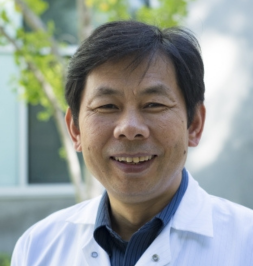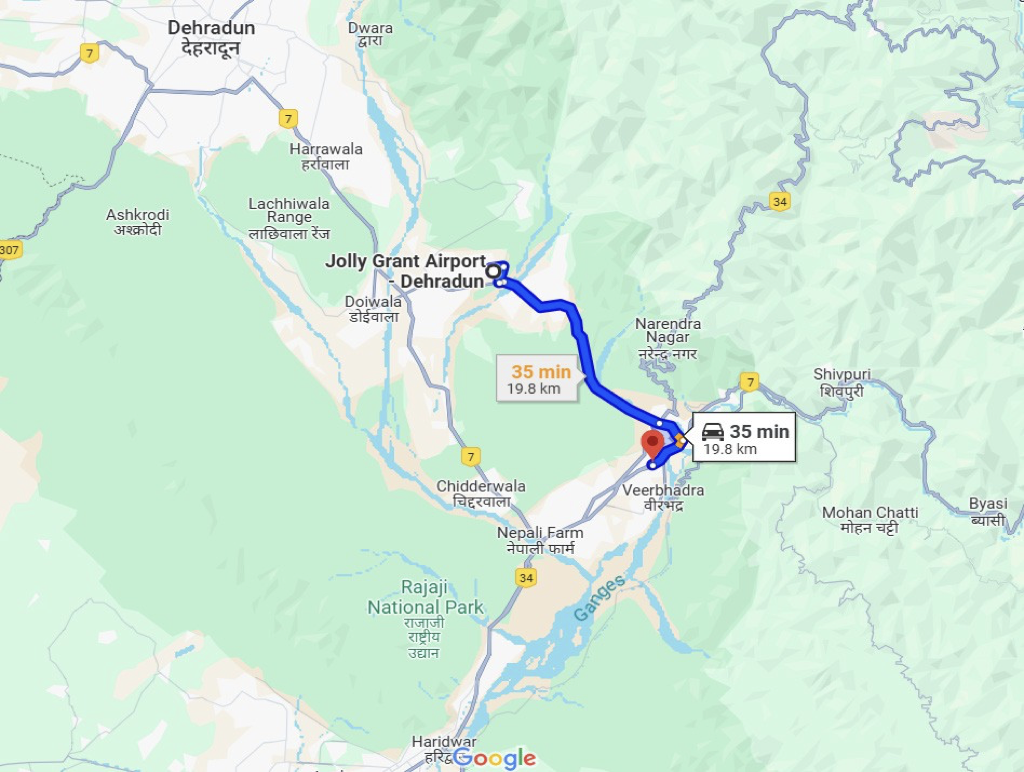International Conference on Integrative Oncology and Systems Medicine: Emerging Trends and Therapeutic Potential
20-21 Feb 2025 at Sridev Suman Uttarakhand University & AIIMS Rishikesh, Uttarakhand, India
Patron
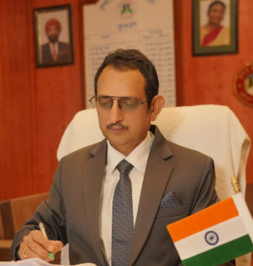
Prof. Narendra Kumar Joshi
Vice Chancellor, Sri Dev Suman Uttarakhand University, India
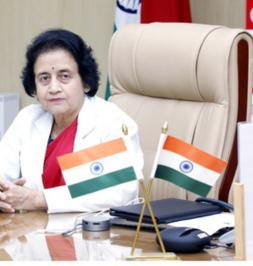
Prof. Meenu Singh
Director, All India Institute Of Medical Science, Rishikesh, India
Co-Patron
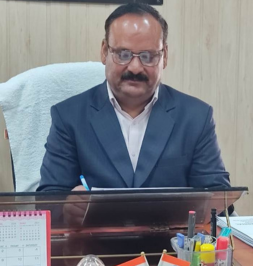
Mr. Dinesh Chandra
Registrar, Sri Dev Suman Uttarakhand University, India
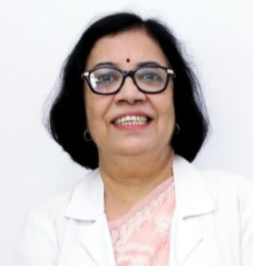
Prof. Jaya Chaturvedi
Dean Academic, All India Institute Of Medical Science, Rishikesh, India
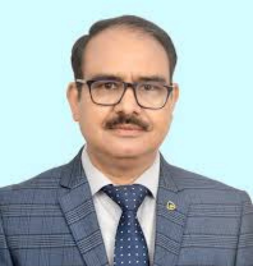
Prof. Mahabir Singh Rawat
Director, Pt. L.M.S Campus Rishikesh, Sridev Suman Uttarakhand University, India
Organizers
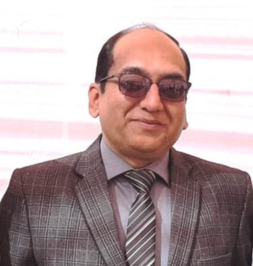
Prof. Gulshan Kumar Dhingra
Professor, Sridev Suman Uttarakhand University, Rishikesh, India
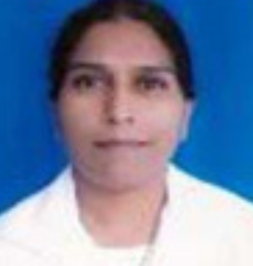
Prof. Anissa Atif Mirza
Professor, All India Institute Of Medical Science, Rishikesh, India
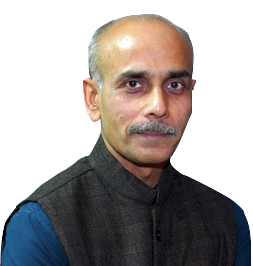
Prof. Rana P Singh
Professor, School of Life Sciences, Jawaharlal Nehru University, New Delhi, India
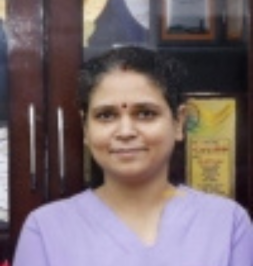
Prof. Manisha Naithani
Professor biochemistry, AIIMS Rishikesh
Organizing Institutions
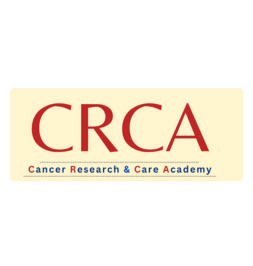
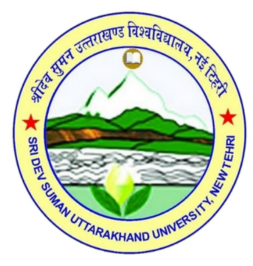
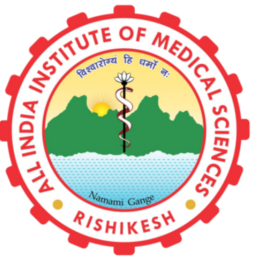
Days to Conference
Important Dates
Early Bird Registration by
31-Jan-2025
Abstract submission by
31-Jan-2025
International Organizers
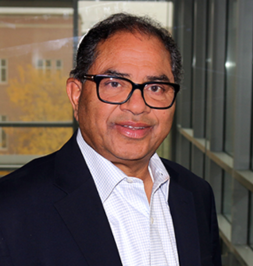
Prof. Rajesh Agarwal
Professor, Skaggs School of Pharmacy and Pharmaceutical Sciences, University of Colorado, Anschutz Medical Campus, USA
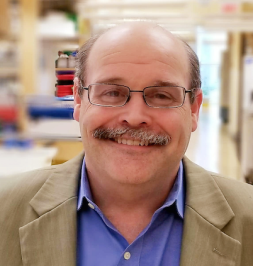
Prof. Raymond B. Birge
Professor, Rutgers School of Biomedical and Health Sciences, Newark, New Jersey, USA
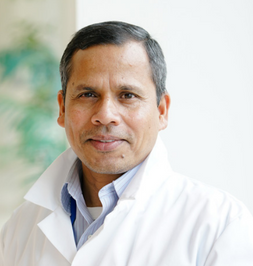
Prof. Dhyan Chandra
Professor, Roswell Park Comprehensive Cancer Center, Buffalo, USA
Conveners
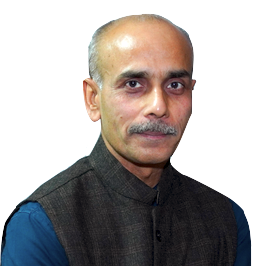
Prof. Rana P Singh
Professor . School of Life Sciences, Jawaharlal Nehru University, New Delhi, India
Travel Essentials
Keynote Speakers

Prof. Raymond B. Birge
Professor and Vice Chair, Department of Microbiology, Biochemistry, and Molecular Genetics, Rutgers, Member, Cancer Institute of New Jersey, Director, Center for Cell Signaling (CCS) Rutgers Biomedical and Heath Sciences, USA
Themes
Emerging trends and new therapeutic targets in cancer
Genomics, proteomics, metabolomics, and precision medicine in cancer
Microbiome research in cancer biology and management
Targeting mitochondrial biology and functions in cancer
Cell death modalities in cancer development and treatment
Chemoprevention and signaling pathways in cancer
Cancer stemness, resistance, and therapeutic potential
Novel approaches for radiation therapies
Artificial intelligence and machine learning in cancer
Ayurveda and Systems Medicine
Registration Fee
Student/Post-doc
Early bird ends 31 Jan 2025
Registration
Standard Price
₹ 3,500
Early Bird
₹ 3,000
CRCA Members
₹ 2,500
Faculty
Early bird ends 31 Jan 2025
Registration
Standard Price
₹ 4,000
Early Bird
₹ 3,500
CRCA Members
₹ 3,000
Corporate*
Early bird ends 31 Jan 2025
Registration
Standard Price
₹ 10,000
Early Bird
₹ 8,000
CRCA Members
₹ 7,500
Students(AIIMS & SSUU)
Early bird ends 31 Jan 2025
Registration
Standard Price
₹ 3,000
Early Bird
₹ 2,500
CRCA Members
₹ 2,000
UG Student
Early bird ends 31 Jan 2025
Registration
Standard Price
₹ 2,500
Early Bird
₹ 2,000
CRCA Members
₹ 1,500
On-Spot
Early bird ends 31 Jan 2025
Registration
Standard Price
₹ 4,500
Early Bird
₹ 4,000
CRCA Members
₹ 3,500
Scientific Program
Speakers
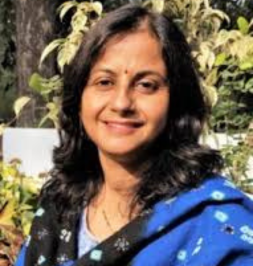
Prof. Alo Nag
Professor, Department of Biochemistry, University of Delhi, South Campus, India
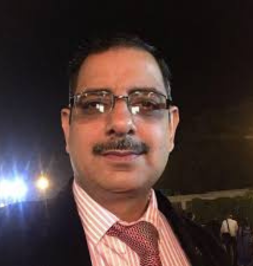
Prof. Alok Chandra Bharti
Professor, Department of Zoology, University of Delhi, India
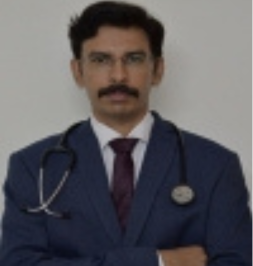
Dr. Amit Sherawat
Associate Professor, Medical Oncology Department, All India Institute Of Medical Sciences, Rishikesh, India
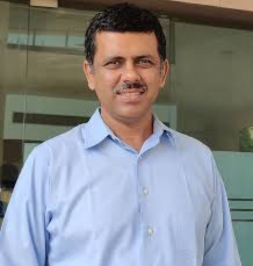
Prof. Avinash Bajaj
Professor, Regional Centre for Biotechnology, Delhi NCR, India
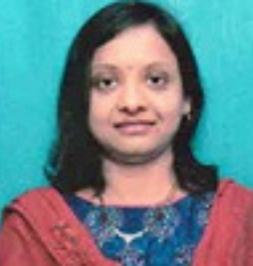
Dr. Bela Goyal
Assistant Professor, Biochemistry Department, All India Institute Of Medical Sciences, Rishikesh, India
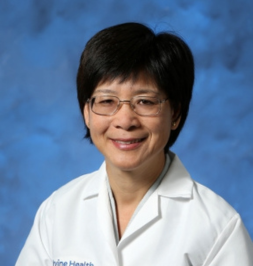
Prof. Beverly Wang
Professor, School of Medicine, University of California, Irvine, USA
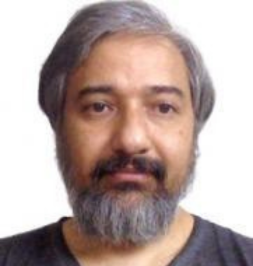
Prof. Binay R Panda
Professor, School of Biotechnology, Jawaharlal Nehru University, India
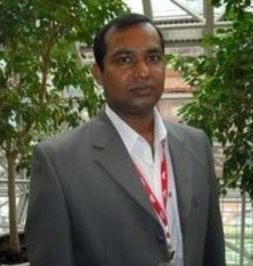
Prof. Chandi C. Mandal
Professor & Dean, School of Life Sciences; Head, Biochemistry, Central University of Rajasthan, India
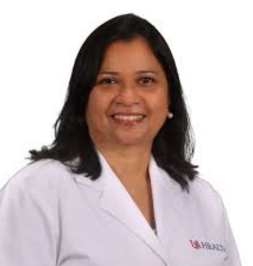
Dr. Chandrani Sarkar
Assistant Professor, Department of Pathology, University of South Alabama, USA
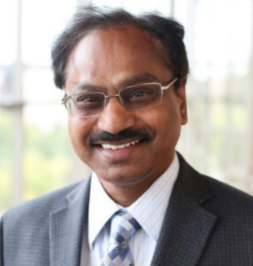
Prof. Chinthalapally V. Rao
Professor & Director, Center for Cancer Prevention and Drug Development, The University of Oklahoma College of Medicine, USA

Dr. Debanjan Chakroborty
Assistant Professor, Department of Pathology, University of South Alabama, USA
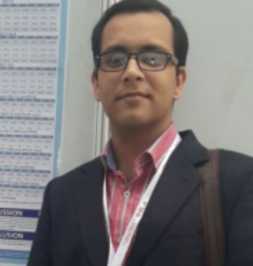
Dr. Deepak Sundriyal
Associate Professor, Medical Oncology Department, All India Institute Of Medical Sciences, Rishikesh, India
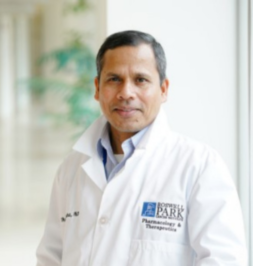
Prof. Dhyan Chandra
Professor, Department of Pharmacology & Therapeutics, Roswell Park Comprehensive Cancer Center, Buffalo, NY, USA
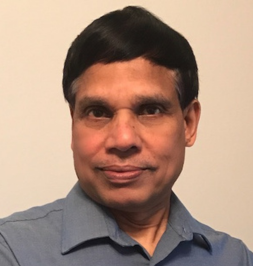
Prof. Gokul Das
Professor, Department of Pharmacology & Therapeutics, Roswell Park Comprehensive Cancer Center, Buffalo, New York, USA
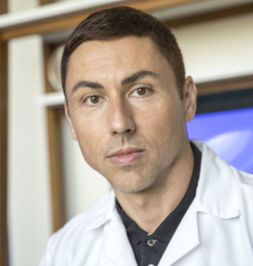
Prof. Jerry Edward Chipuk
Professor, Icahn School of Medicine at Mount Sinai, MSSM, Department of Oncological Sciences, New York, USA
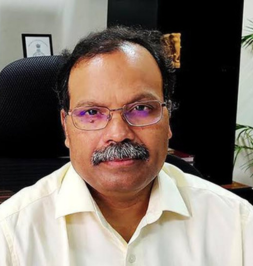
Prof. K. Thangaraj
Professor and Director, Centre for DNA Fingerprinting and Diagnostics, Hyderabad, India
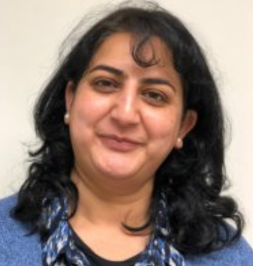
Dr. Komal Raina
Associate Professor and Haarberg Chair in Cancer Research, South Dakota State University, USA
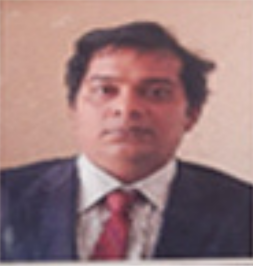
Dr. Nilotpal Chowdhury
Professor, Pathology Department, All India Institute of Medical Sciences, Rishikesh, India
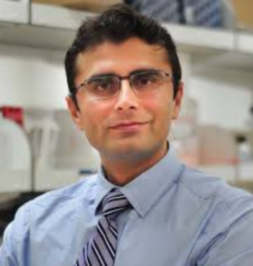
Prof. Pankaj Singh
Professor and Founding Chairman, Department of Oncology Science, Stephenson Cancer Center, University of Nebraska Medical Center, USA
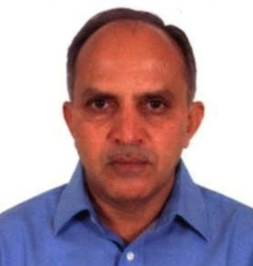
Prof. Prabhudas S Patel
Chairman, K.H Hospital, Idar, India
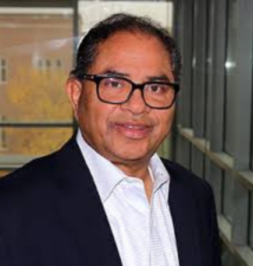
Prof. Rajesh Agarwal
Professor, Department of Pharmaceutical Sciences, School of Pharmacy, University of Colorado Cancer Center, USA.
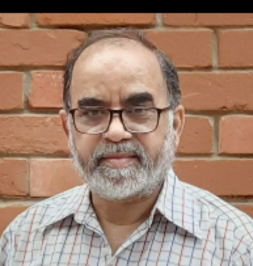
Prof. Rakesh K Tyagi
Professor, Special Centre for Molecular Medicine, Jawaharlal Nehru University, India
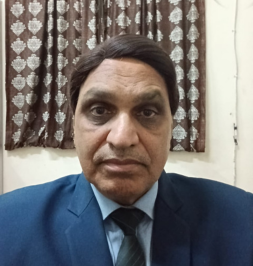
Prof. Rakesh Sharma
Professor & Head of the Biochemistry Department, Government Medical Collage, Saharanpur, India
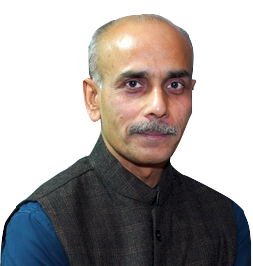
Prof. Rana P Singh
Professor, School of Life Sciences, Jawaharlal Nehru University, India
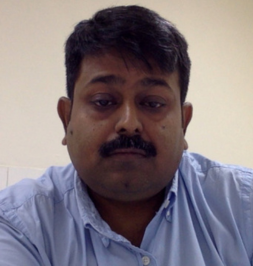
Prof. Rupesh Chaturvedi
Professor, School of Biotechnology, Jawaharlal Nehru University, India
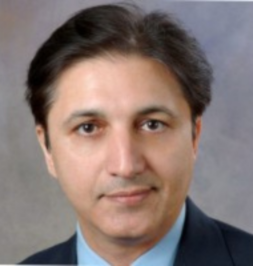
Prof. Sanjay Malhotra
Professor & Endowed Chair in Cancer Research, Department of Cell, Developmental and Cancer Biology, Director, Center for Experimental Therapeutics, Knight Cancer Institute, Oregon Health & Science University, USA
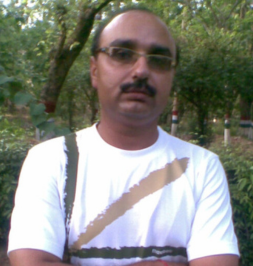
Prof. Sarad Mishra
Professor, Department of Biotechnology, Deen Dayal Upadhyaya Gorakhpur University, India
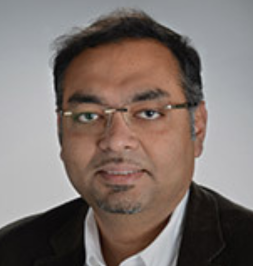
Prof. Subhrajit Saha
Professor, Department of Radiation Oncology, University of Kansas Medical Center, USA
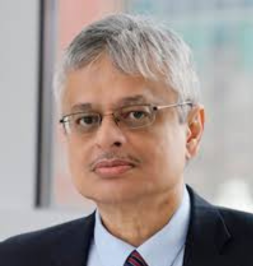
Prof. Sujit Basu
Professor, Division of Medical Oncology, Department of Internal Medicine and Pathology, Ohio State University, USA
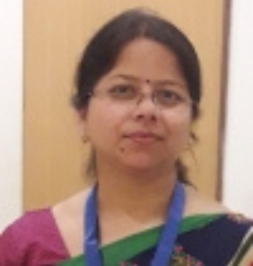
Dr. Sweety Gupta
Additional Professor, Radiation Oncology Department, All India Institute Of Medical Sciences, Rishikesh, India
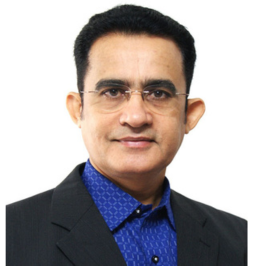
Prof. Umesh C.S. Yadav
Professor, Special Centre for Molecular Medicine, Jawaharlal Nehru University, India
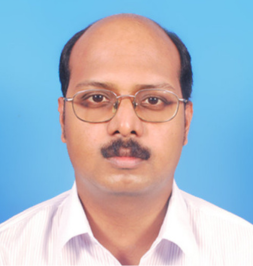
Prof. Uttam Kumar Nath
Professor, Medical Oncology Department, All India Institute Of Medical Sciences, Rishikesh, India
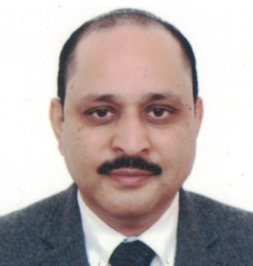
Prof. Vijay Rawat
Professor, Special Centre for Molecular Medicine, Jawaharlal Nehru University, India
